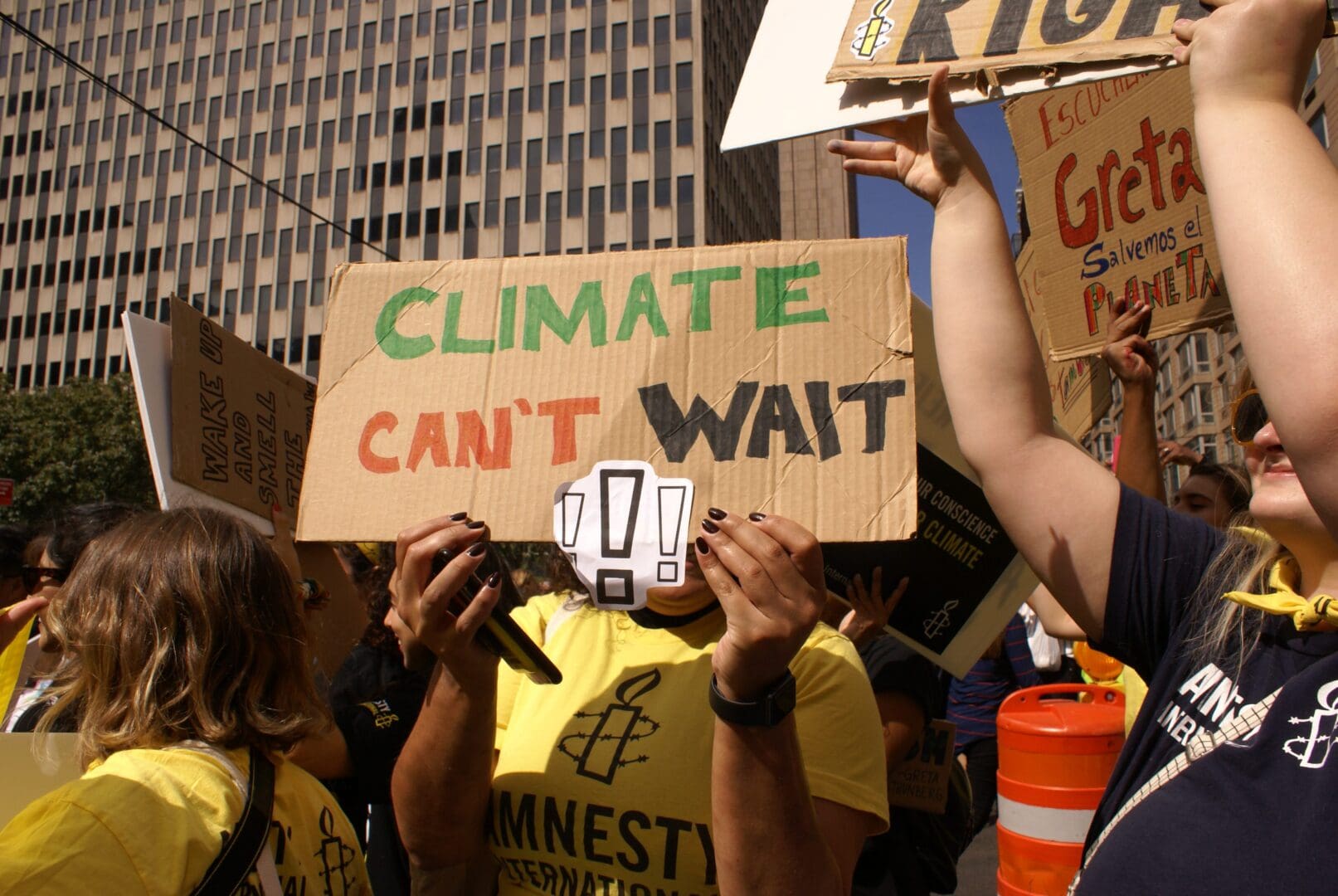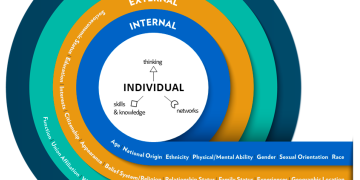Human rights—those lofty ideals etched into international treaties, national constitutions, and global consciousness—are often imagined as immutable, universal truths. Yet, as history unfolds, we discover that they are far more dynamic, evolving in response to shifting societal, technological, and moral landscapes. The question is compelling: Are we merely pushing the horizon of human rights forward, or are we redefining what it means to live with dignity, justice, and equality in a world that constantly tests our moral imagination?
The trajectory of human rights is not linear. Rather, it resembles an expansive horizon: always visible yet perpetually out of reach. Every generation steps forward, negotiating with the past while envisioning the future. In this discussion, we explore the evolution of human rights, the philosophical and practical dilemmas they entail, the modern challenges that test their boundaries, and the opportunities that emerge when we dare to rethink what human rights could mean in the 21st century and beyond.
The Evolutionary Nature of Human Rights
To appreciate the current conversation about human rights, one must recognize their historical mutability. The Magna Carta of 1215, often celebrated as a cornerstone of individual liberty, addressed the grievances of feudal lords more than universal justice. Centuries later, the Enlightenment introduced the idea that all humans are inherently equal, culminating in revolutionary texts like the U.S. Declaration of Independence and the French Declaration of the Rights of Man and of the Citizen. Yet, these lofty statements often excluded women, enslaved people, and colonized populations.
This historical pattern reveals a crucial truth: human rights are never fully realized in a single era. They are aspirational constructs, constantly stretching forward. When we speak of “pushing the horizon,” we are acknowledging that human rights expand in waves—sometimes slowly, sometimes in leaps—reflecting our collective capacity for moral imagination.
Philosophical Foundations: Are Human Rights Natural or Constructed?
Debates about the origin of human rights are not mere academic exercises; they shape how societies enforce and interpret them. Philosophers like John Locke argued that rights are “natural”—pre-existing entitlements inherent to human beings. By contrast, legal positivists suggest that rights are socially constructed: they exist because societies collectively agree upon them.
Both perspectives illuminate the horizon metaphor. If rights are natural, the horizon represents a moral compass—something we discover, rather than create. If rights are socially constructed, the horizon is a negotiation—an evolving consensus about how best to live together. In practice, human rights embody both: aspirational ideals embedded in pragmatic, enforceable laws. The tension between universality and context-specific interpretation ensures that the horizon will never be fully reached, only approached.
Expanding Frontiers: From Civil and Political Rights to Socioeconomic and Cultural Rights

The 20th century witnessed a remarkable expansion of human rights. Initially, the focus was on civil and political liberties: freedom of speech, assembly, and religion; protection from arbitrary detention; suffrage for all adults. These rights were crucial for safeguarding individual autonomy against oppressive governments.
Yet, as societies industrialized and interdependence increased, it became evident that civil liberties alone could not ensure dignity. Poverty, illiteracy, health inequities, and environmental degradation became human rights issues in their own right. Socioeconomic and cultural rights emerged, emphasizing the right to education, healthcare, work, and participation in cultural life. Today, even these categories are evolving further, encompassing digital privacy, algorithmic fairness, and climate justice. The horizon continues to recede as society identifies new dimensions of human dignity previously unimagined.
Technology: A Double-Edged Sword
Technology accelerates the expansion of human rights but also introduces profound challenges. On one hand, the digital age has democratized knowledge, enabled mass mobilization, and allowed global solidarity to flourish. Social media has amplified marginalized voices and pressured governments to respect basic freedoms.
On the other hand, technology has created new arenas of vulnerability. Surveillance capitalism, AI-driven discrimination, deepfakes, and cyber-harassment threaten personal autonomy in ways that previous generations could scarcely imagine. Are digital privacy, algorithmic transparency, and the right to be forgotten the next frontiers of human rights? If so, pushing the horizon requires not just legal innovation but philosophical and technical imagination, ensuring that technological progress enhances human dignity rather than undermines it.
Globalization and the Limits of Universality
Globalization has intensified debates about the universality of human rights. On the one hand, shared human rights norms provide a moral baseline across cultures. On the other, local traditions, political priorities, and economic realities challenge one-size-fits-all approaches.
Consider issues like women’s rights, LGBTQ+ equality, or freedom of expression. In some contexts, progress can be rapid; in others, it encounters entrenched resistance. This tension highlights a paradox: advancing human rights often involves balancing universality with cultural sensitivity. Pushing the horizon is not merely about imposing a static model; it requires dialogue, adaptation, and creativity in reconciling diverse moral frameworks.
Environmental Rights: A New Horizon
The planet itself has become a human rights issue. Climate change, biodiversity loss, and pollution are no longer abstract environmental concerns—they directly threaten the right to life, health, and livelihoods. “Environmental rights” or “climate justice” reframes our moral and legal imagination: the horizon of human rights now extends to ecosystems, future generations, and planetary boundaries.
The challenge here is profound. Human rights have traditionally focused on individual entitlements, but environmental threats are collective and intergenerational. Expanding the horizon requires novel mechanisms: international agreements, climate litigation, and recognition of ecological stewardship as a fundamental human obligation.
Intersectionality and the Complexity of Modern Rights
Modern human rights discourse increasingly emphasizes intersectionality—the understanding that oppression and privilege are interwoven across race, gender, class, disability, and other axes. Recognizing intersectionality allows societies to move beyond simplistic, linear conceptions of rights.
For example, guaranteeing the right to education is not enough if systemic racism, gender bias, or economic inequality blocks access. Intersectional analysis ensures that pushing the horizon of human rights addresses the complexity of lived experiences, rather than treating individuals as isolated units. It is a reminder that justice is not a monolith but a kaleidoscope of overlapping claims, needs, and protections.
Human Rights in Practice: Challenges and Contradictions
Despite the evolution of legal frameworks and moral reasoning, human rights remain aspirational in practice. Political repression, economic inequality, discrimination, and war persist worldwide. Often, enforcement lags behind proclamation, revealing a gap between the horizon we imagine and the ground we inhabit.
Yet, progress is tangible. Decades of advocacy, litigation, and international monitoring have reduced slavery, expanded suffrage, promoted gender equality, and enshrined protections for refugees and minorities. Each incremental gain represents a successful push of the horizon. The challenge lies in sustaining momentum and translating abstract principles into concrete realities for all.
The Role of Civil Society and Activism
Civil society, grassroots movements, and transnational networks are the engines that propel human rights forward. Activists expose injustices, mobilize communities, and demand accountability from governments and corporations. The digital age has amplified these efforts, enabling campaigns to go viral, transcending borders and influencing policy.
However, activism also highlights a deeper philosophical point: human rights are not bestowed; they are continually claimed, negotiated, and defended. The horizon moves because people insist on it, not because it exists independently of human action. In this sense, pushing the horizon is both a moral imperative and a collective act of imagination.

Rethinking Enforcement: Beyond State-Centric Models
Historically, states have been the primary guarantors of human rights. Yet, global challenges increasingly demand enforcement mechanisms beyond national borders. International courts, treaty bodies, transnational advocacy networks, and corporate accountability frameworks are becoming crucial actors.
This shift raises intriguing questions: Can human rights be effectively enforced without a centralized authority? How do we balance sovereignty with global norms? Expanding the horizon involves not just defining new rights, but rethinking how they are protected, monitored, and operationalized in a complex, interconnected world.
Looking Ahead: The Future of Human Rights
The horizon metaphor underscores a fundamental truth: human rights are not destinations but journeys. They evolve as societies evolve, reflecting our expanding understanding of human dignity, justice, and responsibility. Future frontiers may include rights related to artificial intelligence, space exploration, genetic editing, and the moral status of nonhuman entities. Each frontier will challenge us to rethink assumptions, expand empathy, and invent new institutions.
In essence, pushing the horizon is both inevitable and aspirational. It requires courage, imagination, and vigilance. Every generation inherits a partial map of rights and must redraw it, guided by ethical reasoning, historical lessons, and practical realities. The horizon is elusive—but it is precisely this elusiveness that makes the pursuit meaningful.
Conclusion
Are we simply pushing the horizon of human rights forward? The answer is a resounding yes—but with nuance. We are simultaneously discovering, creating, and negotiating the meaning of dignity, justice, and freedom. Human rights are living constructs, forever expanding to accommodate new moral insights, technological realities, and global challenges.
To engage with human rights today is to engage with the horizon itself: to confront injustice, imagine new possibilities, and recognize that our moral responsibility extends not only across societies but across generations. Each push forward brings us closer to a world where human dignity is not just proclaimed but lived—a horizon that, while never fully reachable, defines the direction of our collective moral journey.























